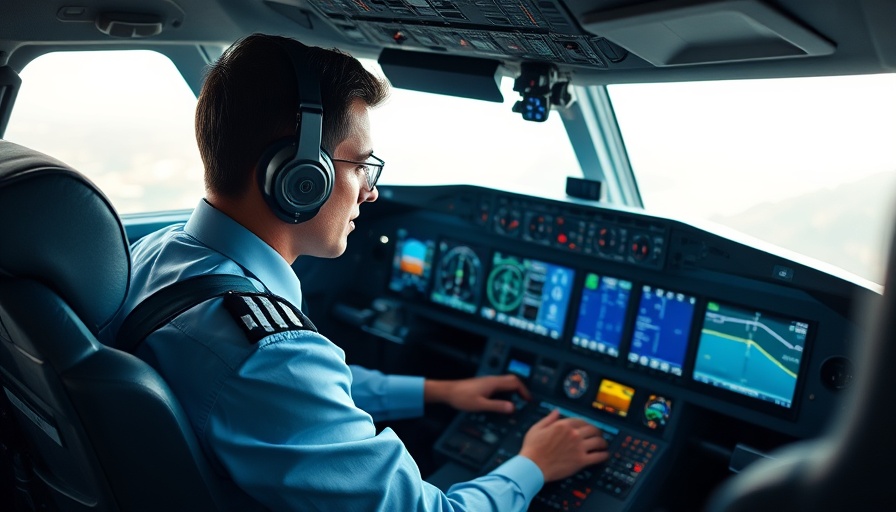
Concerns About Safety in Single-Pilot Operations
As the aviation industry continues to evolve, a critical debate has surfaced surrounding the introduction of single-pilot flight operations. In an appeal echoed by several senators, there is growing concern regarding the safety implications of allowing aircraft to be piloted by only one person instead of the traditional two. The importance of having a co-pilot is not merely a matter of redundancy; it is about ensuring that the complexities of modern aviation can be managed effectively, especially during high-pressure situations.
Impacts on Aviation Community
The push against single-pilot operations resonates deeply within the aviation community. For many young pilots learning to fly, the collaborative environment fostered by dual-pilot flights serves as an invaluable training ground. This teamwork reinforces critical communication skills and situational awareness, both essential components of effective flying. Furthermore, seasoned pilots emphasize that two minds working together can often catch oversights that a single pilot might miss. This collaborative approach not only upholds safety standards but also nurtures the growth of the flying community.
The Role of Regulations and Advocacy
Senators have not only raised concerns but have also urged the Transportation Secretary to resist endorsing single-pilot operations unless substantial safety measures are put in place. This advocacy shines a light on the role of regulations in ensuring the safety of aviation practices. Regulators must weigh the economic benefits of reducing operational costs against the potential risks posed to passengers and crew. The balance between innovation and safety should remain a priority to inspire public confidence in air travel.
Future Predictions for the Aviation Industry
As technology such as autopilot and artificial intelligence becomes more integrated into modern aviation, the future of piloting may take a different form. Some industry experts predict that assisted piloting technologies could lessen the workload for pilots, leading to discussions about single-pilot operations emerging more frequently. Nonetheless, this prospect raises questions about whether technology can truly replace human oversight in critical flight scenarios.
Inspiring Future Pilots
For those considering a career in aviation or simply looking to learn to fly, understanding the nuances of piloting, beyond technical skills, is crucial. Emphasizing the importance of teamwork and communication in piloting—qualities that a dual-pilot environment inherently cultivates—can inspire prospective aviators to appreciate the essence of flying. Single-pilot flights, while potentially useful, should not overshadow the profound learning and growth that occurs in collaborative flying experiences.
 Add Row
Add Row  Add
Add 




Write A Comment